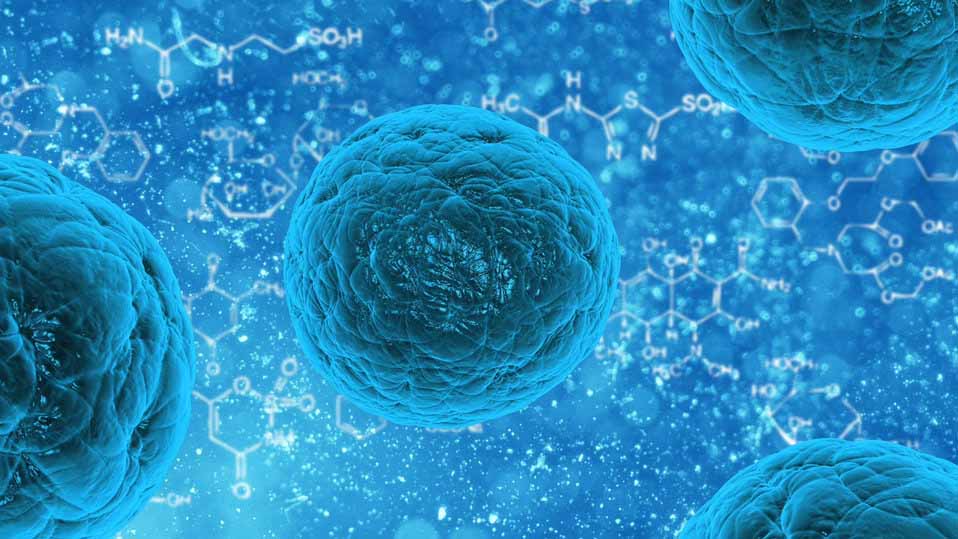
Stem Cell Studies
We have known about stem cells for decades. We know they hold great potential for new therapies, but we didn’t know how to tap into that potential until recently. Stem cells come in many different types, and there are many sources of stem cells. They have come to be known by many different names, and these names change due to a better understanding of their origin and function.
They were originally called stem cells because it was discovered that when these cells divided, one of the copies remained in the same state and the other cell would start to mature and differentiate into the target cell. For example, your skin has a layer of stem cells that continually generate new skin cells that migrate outwards to the surface, maturing and taking on different tasks until they die and slough off. The stem cell layer stays the same and continues to generate cells that mature and migrate.
Skin, fat, and bone marrow are just a few of the areas where we find stem cells in adults. Stem cells usually are able to mature into many different kinds of cells. We used to think that therapeutic stem cells would differentiate into the types of cells needed and help neighboring cells function correctly. We no longer think that is how they work. (More about this later).
Growing embryos contain stem cells that are able to differentiate into every type of cell in the body. Skin stem cells are only able to differentiate into skin cells. Other types of stem cells can mature into any type of cells. These cells are sometimes called mesenchymal stem cells or MSCs.
We (the general medical field, not ReGen. ReGen has never used embryonic stem cells.) no longer use embryonic stem cells due to several reasons. There are ethical reasons and we have found that these cells have a higher tendency to mature into unwanted cell types.
Today, stem cells used in therapy are mainly from 3 sources. Adult fat tissue, adult bone marrow, or umbilical cord tissue. If the source of the stem cells comes from your own body, they are called autologous. If the source of the stem cells is not your own body (umbilical cords), they are called allogenic.
Mesenchymal Stem Cell Therapies
Autoimmune
Mesenchymal Stem Cell Therapy: Hope for Patients With Systemic Lupus Erythematosus – PubMed
Mesenchymal Stem Cell-Based Therapy for Rheumatoid Arthritis – PubMed
Degenerative Diseases
Harnessing the potential of mesenchymal stem cells–derived exosomes in degenerative diseases – PMC
Autologous Mesenchymal Stem Cell Transplantation in Multiple Sclerosis: A Meta-Analysis – PMC
